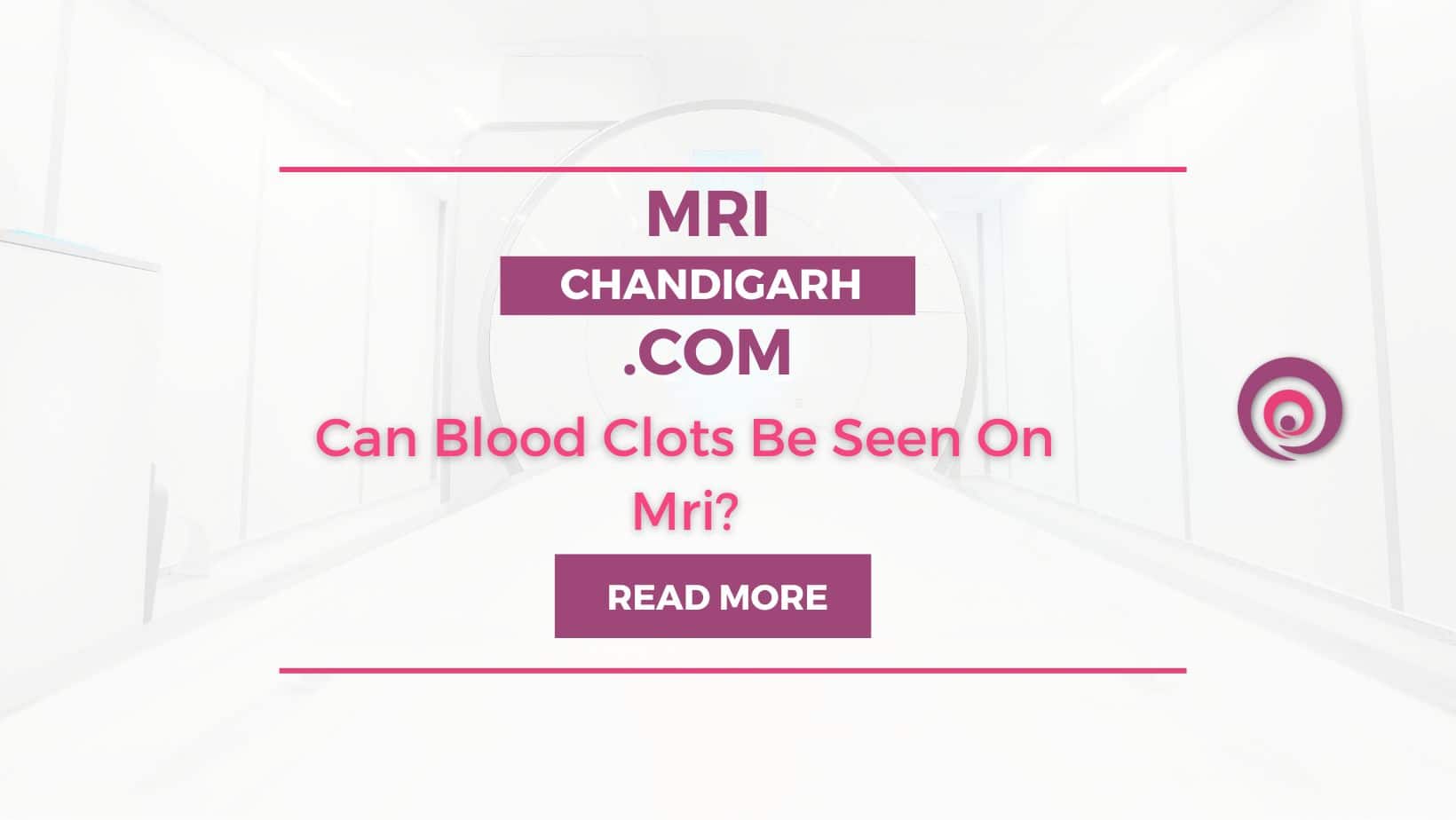Is An MRI Scan The Best Option To Diagnose Blood Clots?
When it comes to diagnosing blood clots, an MRI scan may not be the most reliable choice. To help you understand why and what other options are available for diagnosis, this blog post will explore the pros and cons of using an MRI scan in detecting blood clots. From being a non-invasive method to understanding the accuracy of the result, let’s dive into it!
What is a Blood Clot?
A blood clot is a mass of blood cells and blood protein that forms when the bleeding stops. A blood clot can form inside a blood vessel or in an organ. Blood clots can be dangerous because they can block the flow of blood to vital organs.
There are two types of blood clots: venous clots and arterial clots. Venous clots are the most common type of clot and usually occur in the legs. Arterial clots are less common but more serious because they can block the flow of oxygen-rich blood to the heart, brain, or other vital organs.
Most people with venous clots will not have any symptoms. The most common symptom of an arterial clot is chest pain. Other symptoms may include shortness of breath, sweating, nausea, and vomiting. If you think you may have a clot, it is important to seek medical help immediately.
What are the Symptoms of a Blood Clot?
There are many different symptoms that can be associated with a blood clot. Some of the more common symptoms include:
- Swelling in the affected area
- Redness in the affected area
- Warmth in the affected area
- Pain or tenderness in the affected area
- A lump or mass in the affected area
If you have any of these symptoms, it is important to see a doctor as soon as possible. A blood clot can be a very serious condition and can lead to serious complications if it is not treated properly.
The Benefits of an MRI Scan For Spotting Blood Clots
An MRI scan is a powerful diagnostic tool that can provide crucial information about the presence of blood clots. MRI scans use magnetic fields and radio waves to produce detailed images of the inside of the body and are particularly well-suited for spotting abnormalities in the brain, spine, and blood vessels.
One of the main benefits of an MRI scan for diagnosing blood clots is that it is non-invasive. Unlike other imaging techniques such as CT scans or X-rays, an MRI scan does not involve exposure to ionizing radiation, which can be harmful to the patient. MRI scans are also much more sensitive than other imaging modalities, making them more likely to detect small blood clots that may not be visible on other types of scans.
Another benefit of MRI scans is that they can be used to monitor the progress of treatment for blood clots. By repeating MRIs over time, doctors can track how well clot-dissolving medications are working and make necessary adjustments to the treatment plan. Additionally, because MRI scans do not rely on radiation, they can be safely repeated as often as needed without fear of harming the patient.
The Limitations of an MRI Scan for Diagnosing Blood Clots
An MRI scan is a powerful diagnostic method, but it has its limitations. One of the biggest limitations is that it can’t always tell if a clot is present. This is because clots can be very small and hard to detect on an MRI. Another limitation is that MRI scans are expensive and not always readily available. And finally, MRI scans can’t be used on pregnant women or people with certain metal implants.
Other Diagnostic Techniques for Detecting and Monitoring Blood Clots
There are a number of other diagnostic techniques that can be used to detect and monitor blood clots. These include:
- Doppler ultrasound: This technique uses sound waves to measure the flow of blood through vessels. It can be used to identify blockages or areas of reduced blood flow.
- CT angiography: This is a type of x-ray that can be used to visualize the inside of blood vessels. It can be used to look for blockages or narrowing of vessels.
- Venogram: This is a special x-ray that looks at the veins in the leg. It can be used to detect deep vein thrombosis (DVT).
Alternatives To an MRI Scan for Diagnosis of Blood Clots
There are a few alternatives to an MRI scan for the diagnosis of blood clots. One option is an ultrasound. This type of scan uses sound waves to create an image of the blood vessels and can show blockages. Another option is a CT scan, which uses x-rays to create images of the body. A CT scan can also show blockages in the blood vessels. Finally, an MRI angiogram may be done. This is a special type of MRI that looks at the blood vessels and can show blockages.
Conclusion
In conclusion, an MRI scan is a reliable way of diagnosing blood clots. It provides detailed images that allow the medical team to have a more accurate and in-depth understanding of what’s going on inside your body. However, it is important to remember that other diagnostic tests may also be recommended by your doctor depending on their assessment. Ultimately, if you think you might have a blood clot or any related symptoms, seek professional medical advice as soon as possible for accurate and timely diagnosis and treatment planning.
You can call us for More Information, at 8699572364
Follow us on Social Pages: mrichandigarh
Instagram: Mri Chandigarh
Mail us at [email protected]
Tweet: Mri Chandigarh
Linked In: Mri Chandigarh

Comments